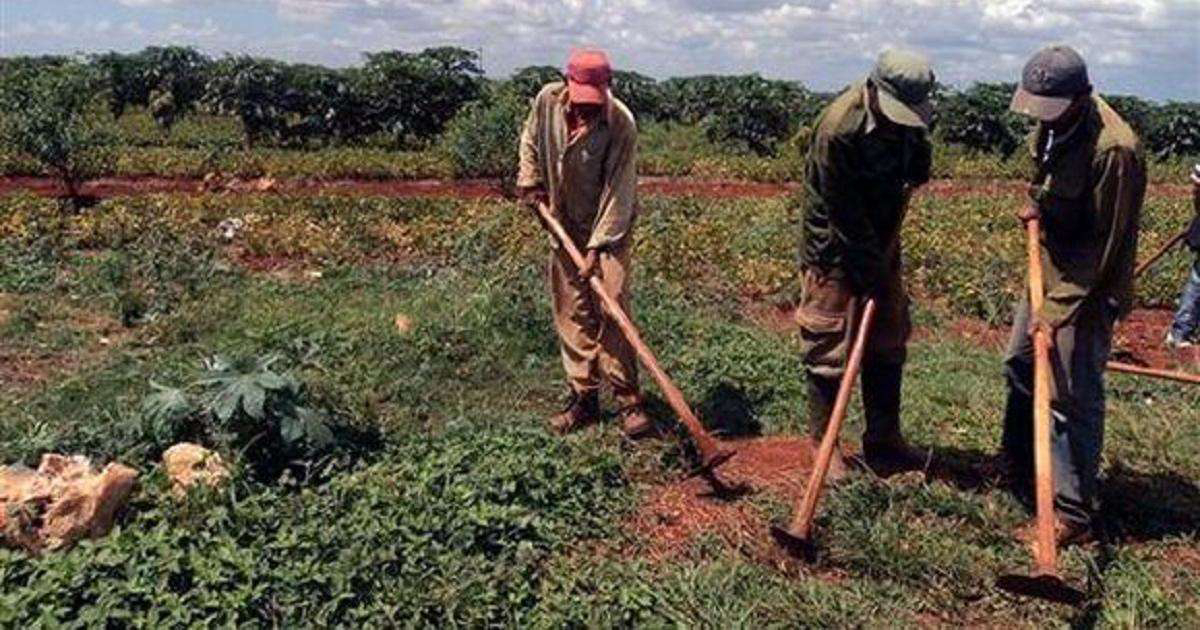
The Cuban government owes around 200 million pesos to the country's farmers, a situation that has raised concerns and criticism in the agricultural sector.
This Tuesday, the Agri-Food Commission analyzed the report from the Ministry of Agriculture (Minag) and the economic results obtained by the end of June 2024. Alexis Rodríguez Pérez, Director General of Economy and Agricultural Development, highlighted serious deficiencies in the sector's management.
The failure to pay the producers worsens the situation. The provinces of Artemisa and Mayabeque are the most affected, with debts of 167,694,630 pesos and 15,166,378 pesos, respectively.
The main cause of this debt is the inability of the Havana Collection Agency to meet its payments. Although credits have been approved to mitigate these debts, the situation remains critical.
The Banco Popular de Ahorro approved a marketing credit of 400 million pesos and a revolving credit of 100 million, but these measures seem insufficient given the magnitude of the problem.
Rodríguez Pérez pointed out that agricultural productions, at the end of the semester, maintain a worrying trend of non-compliance, especially in basic products such as eggs, meat, and milk.
The regime states that unproductivity is due to factors such as the lack of fuel, the shortage of chemicals, and fertilizers.
Only four out of the ten fundamental productivity indicators were met. The fortunate ones were vegetables, root vegetables, corn, and rice for consumption.
Livestock productions do not present an encouraging outlook either. Beef and horse meat have been affected by poor organizational work between companies and producers, insufficient animal transportation due to fuel shortages, and low quality animal feed.
Out of a plan for 20,400 tons of meat, only 15,200 tons were achieved. Pork production also showed a significant decrease, with only 3,800 tons out of a plan for 11,300 tons. This could continue to drive up the price of preferred meat in Cuba.
The egg production was also terrible in the semester. They only managed to produce 231,900,000 units, which is 94,070,000 units less than the planned target.
Other products such as beans, tobacco, milk, coffee, cocoa, and honey also experienced decreases compared to the plan.
Agricultural companies are facing losses totaling 1,199,946,100 pesos, affecting 74 companies in the system, including those with the highest impact such as Poultry, Tabacuba, Agroforestry, Livestock, and Labiofam.
The government's management in the agricultural sector is one of the worst in the history of Cuba. The country requires a thorough review and effective measures to address debts and improve production, thus ensuring the basic livelihood of the Cuban population. The state is incapable of solving the food crisis.
What do you think?
COMMENTFiled under: